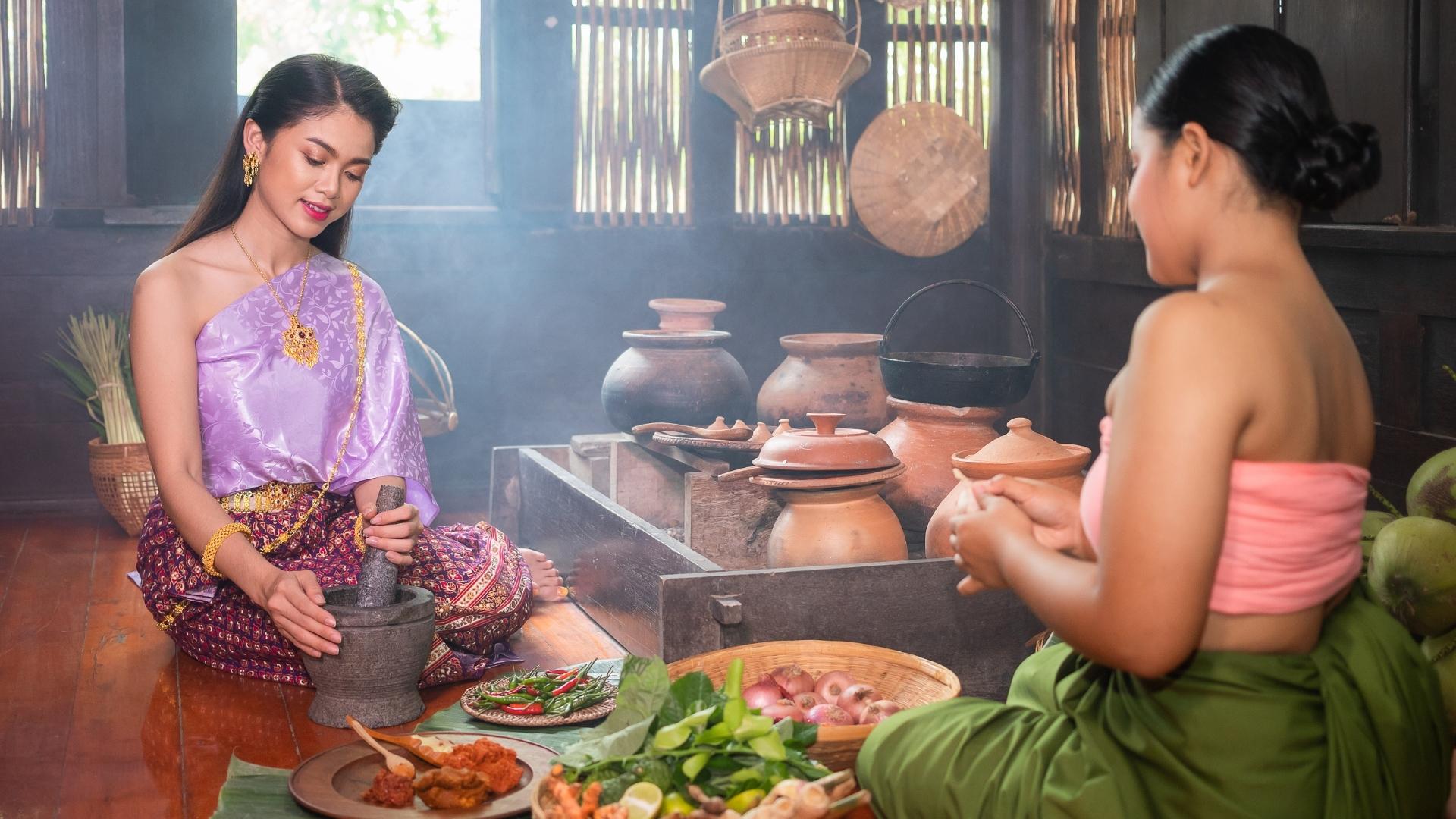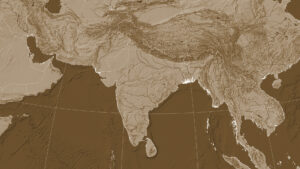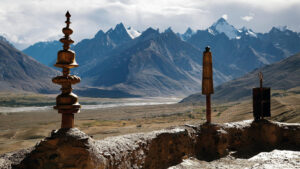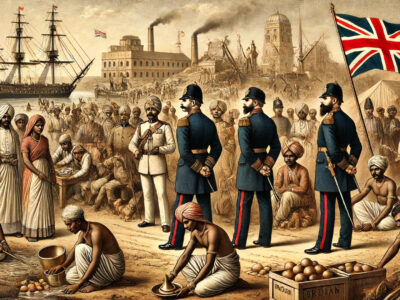Readers must know that this write-up is the resumed from the earlier published article, “Paakshastra: Categories of Traditional Food & Flavours“.
The steps in the cooking process, wherever they implicate the practice of non-vegetarian items, are not applicable for pure vegetarians and shall be skipped. The outline of work in the traditional cooking process involves the following procedural measures:
ODANA
The first measure in the treatise that deals with the various cooking methods of boiled rice.
SOOPA
The second evaluates the varieties of pulses; the process involves selection, cleansing and use.
SARPIS
The third describes the application of butter, melted butter, ghee or edible oil.
VYANJANA
The fourth lay down the varieties of recipes and the alternative measures to combine and blend the ingredients.
SHAAKA & MAAMSA
The fifth and the sixth allows the shaakahaari (vegetarian) or maamsahari (non-vegetarian) to select either vegetable (shaaka) or meat (maamsa) appropriately and depict the several ways of preparing the same. Some procedures take advantage of the combination of shaaka and maamsa.
BHAKSHYA
The seventh measure describes how to prepare semi-hard food (for example – laddu, peda, samosa etc.)
PAAYASA
The eighth introduces several ways to prepare easily swallowable semi-liquified sweets, generally using rice or lentils.
RASAYANA
The ninth explains brewing the concentration comprising of ingredients and preparation of the effective concoction for further processing.
PAANA
The tenth elucidates the preparation of syrup and its varieties for blending to attain appropriate flavours.
YOOSA
The eleventh lays down all the procedures to prepare the soups and their varieties.
LEHYA
The twelfth ponders food processing with clarified butter, ghee or edible oil and exhibits the lickable articles with its varieties.
PANIYA
The thirteenth focuses on preparing and processing various beverages of different tastes.
KSHEERA
The fourteenth confines to the several preparations of milk.
DADHI
The fifteenth contemplates the various preparation of curd.
TAKRA
The sixteenth states the various preparation of buttermilk.
Paakashastra recommends the substances required for cooking food shall be sourced from the same region where the food is prepared and should be formulated before cooking. The use of sugar, modern or hybrid substances has either no mention or importance in Paakashastra.
CONSIDERATION OF THE DEMERITS OF FOOD
According to Paakashastra, there is a possibility of the occurrence of eight types of demerits while preparing the food. These demerits are researched with definitive evidence by our ancient scholars and experts. The prepared food affiliated with demerits may cause health disorders. The main aim of a responsible cook is to prepare food devoid of doshas (demerits). The following are the ashtadoshas caused due to the negligence or carelessness of a cook:
1. Ashrita: the characteristics and disorder of starched food, whose starch is not expelled out by not pouring off excessive water, such rice may become sour, and one who consumes such food suffers from the diseases.
2. Picchila: the overcooking of rice that becomes sticky and such food, if consumed, causes indigestion.
3. Asuchi: the food prepared using uncleaned substances or food containing worms, hairs, dust, stones etc. and intake of such food results in several health issues.
4. Kvathita: the overboiled food (sometimes slightly mixed with rice) and ingestion of such food may lose essential nutrients and cause problems with metabolism.
5. Shuska: the varieties of food, when stored for a long time, the required aqueous content will drain out or become dry and hard; consuming such food causes gastritis, gastroesophageal reflux disease, toxication and other severe health issues.
6. Dagdha: the overburnt food (including over-fried or half-fried) due to the excessive heat of the fire, and such food are not suitable for ingestion. Overburnt food may cause blood and bone-related disorders.
7. Viroopa: the unprocessed rice, upon cooking, becomes discoloured and consuming the same affects longevity.
8. Anartuja: stale or deteriorated food considered unsuitable for consumption, and intake of such food may cause insomnia, food poisoning, epilepsy, paralysis, gastritis, brain-related disorders and other serious health issues.
Paakashastra recommends that the cook should employ proper measures to prepare and serve the food free from all defects mentioned above. Most people in India consume unhealthy food prepared in unhygienic and unsafe conditions, and the hard truth is millions are suffering from various health issues. Eating healthy food prepared by following the principles laid down in Paakashastra mitigates the risks related to health to a greater extent.









